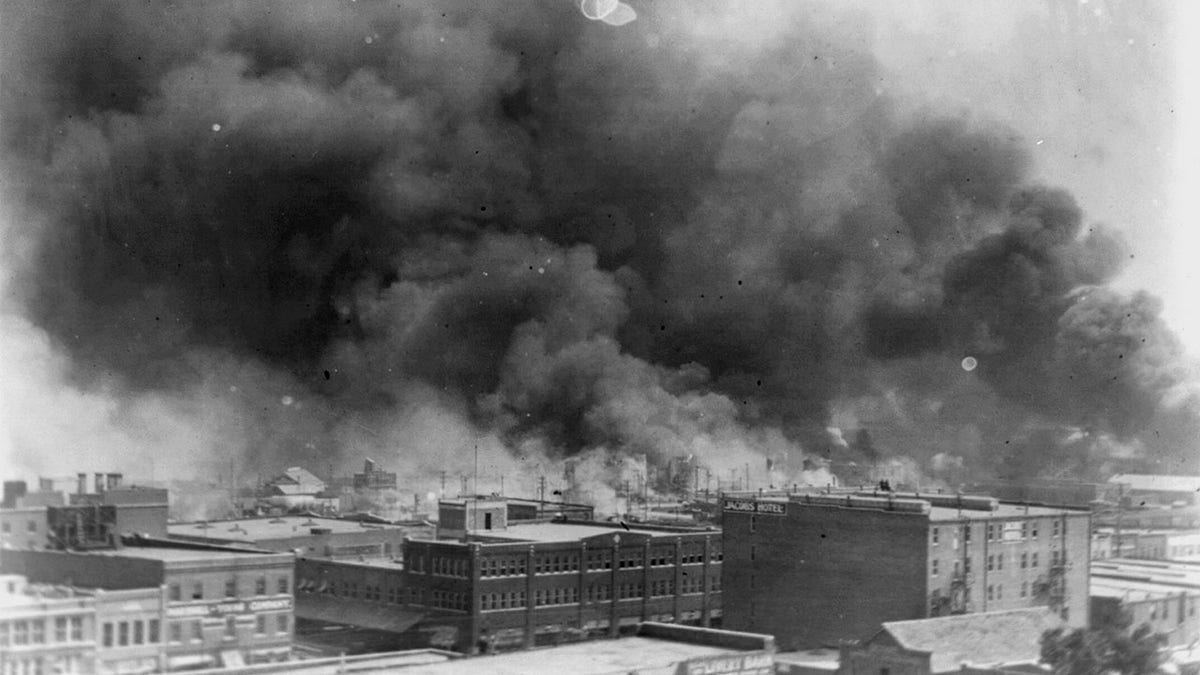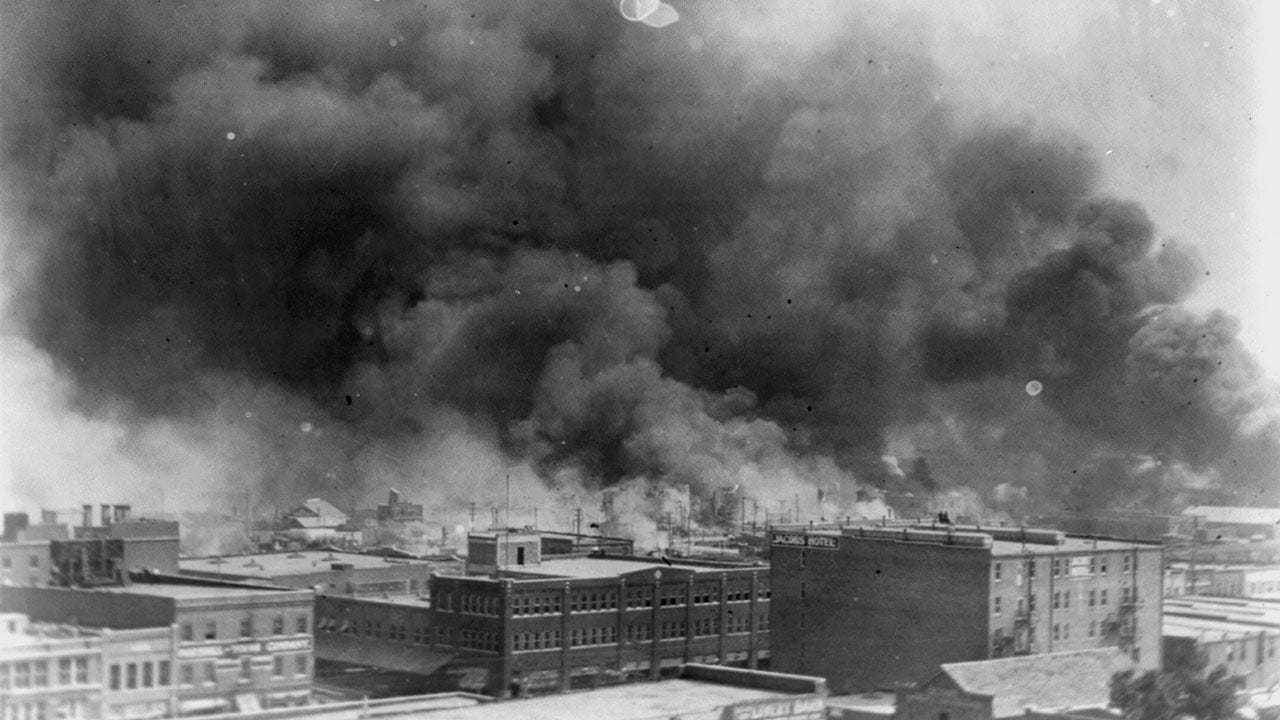
The Oklahoma Supreme Court recently dismissed a lawsuit seeking reparations for the survivors of the 1921 Tulsa Race Massacre. The last two known surviving victims, Viola Ford Fletcher and Lessie Benningfield Randle, both over 100 years old, had filed the lawsuit against the city of Tulsa in 2020. The massacre resulted in the destruction of Greenwood, a thriving Black district in Tulsa known as Black Wall Street. As many as 300 Black people were killed during the riot and thousands were forced into internment camps.
The plaintiffs argued that they had a right to reparations under the city's public nuisance statute, claiming that the city was getting unjust enrichment by promoting the site of the massacre as a tourist attraction without returning any benefits to members of the community. However, the Oklahoma Supreme Court ruled that their grievances did not fall within the scope of Oklahoma's public nuisance doctrine.
The survivors had previously filed a lawsuit in 2021, which was dismissed by an Oklahoma district court judge. The plaintiffs appealed to the state Supreme Court, but their hopes for justice were dashed when the court upheld the lower court's decision on June 12, 2024.
The survivors and their families had been seeking reparations for over a century. Hughes Van Ellis, another survivor who died last year at age 102, had also waged a legal battle until his final breath. The lawsuit sought a detailed accounting of the property and wealth lost or stolen in the massacre, the construction of a hospital in north Tulsa, and the creation of a victims' compensation fund.
The city released a statement expressing respect for the court's decision and affirming its commitment to working with residents and providing resources to support North Tulsa and Greenwood communities through economic development, policy projects, investigations, and a renewed community vision for the Kirkpatrick Heights & Greenwood Master Plan.
The dismissal of this lawsuit is a disappointment for those seeking justice for the survivors of the 1921 Tulsa Race Massacre. The ongoing impact of this tragic event on racial and economic disparities in Tulsa still exists today, and it is important to remember the stories and experiences of those who lived through it.



